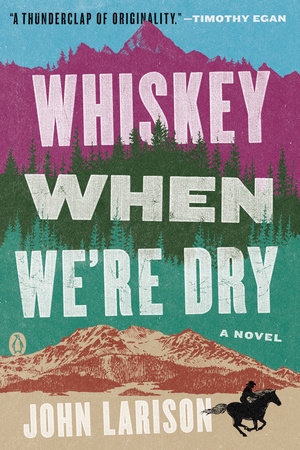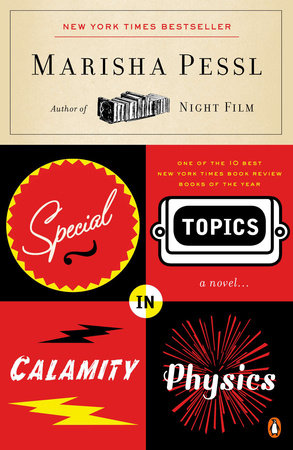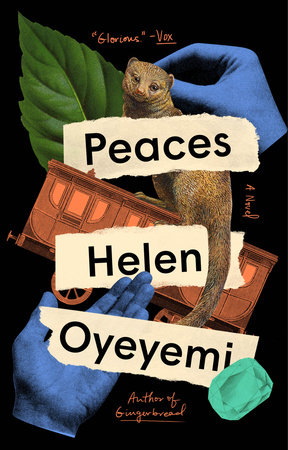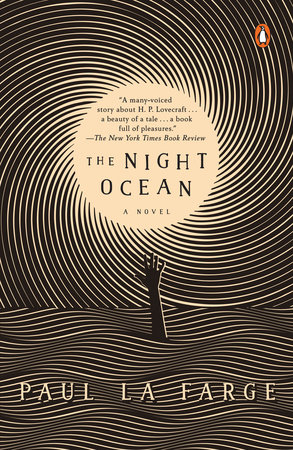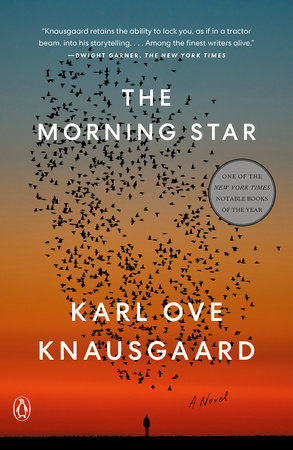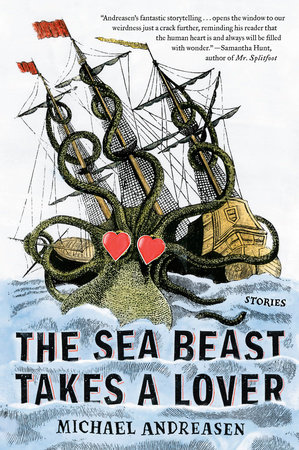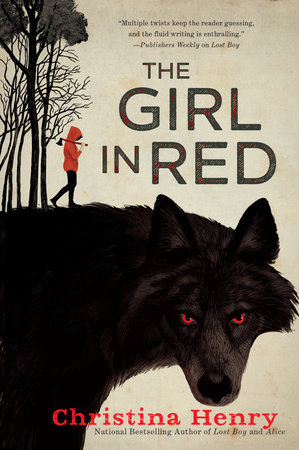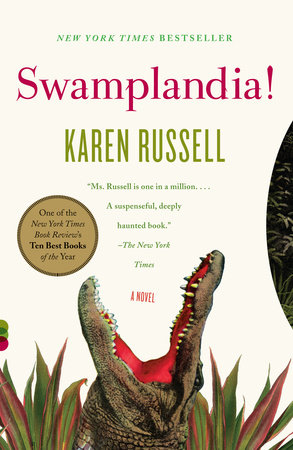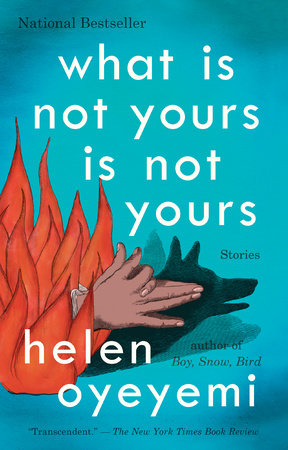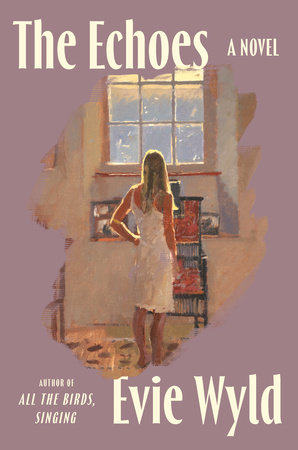A Conversation with John Larson
Q: Whiskey When We’re Dry is set in the American West of 1885 and chronicles the adventures of seventeen-year-old Jessilyn Harney, who, after being orphaned, rides west on her beloved mare posing as boy in search of her infamous outlaw brother, Noah. How did you first conceive of the story?
Novels for me begin like rivers, tiny springs that eventually converge into torrents that can’t be stopped.
As a boy, I spent a formative year living on and off a federal wildlife refuge in eastern Oregon, where my parents were working with cattle ranchers. At events like July 4th or Roundup, my brother and I found ourselves half-adopted into the ranching families, and suddenly we had no shortage of cousin and uncle types eager to teach us the cowboy arts, like roping, shooting, spatting tobacco, and the kid version of bull riding, which is climbing atop a poor sheep who only wants to run away. Those experiences—and our time on the high desert, where cranes and antelope and bighorn sheep wander under painted skies—no doubt are the headwater spring of Whiskey. One character from the novel was partly inspired by a rough-riding woman there with whom I was especially infatuated; I only remember her first name, Sherry, but I remember so well the hot and dusty afternoon when she climbed down from her horse to teach me to throw a proper lasso.
Any fiction I write has part of its origin in other writing. Living at the end of the Oregon Trail, I’ve long been fascinated by the early accounts of pioneers; luckily many of those letters are anthologized at local public libraries. As a writer, I became increasingly interested in the patterns of language I found in those letters early settlers were sending to their relatives “back East.” The best of these letters offer a singularly American music of sorrow, gratitude, mourning, and hope. That music was playing on repeat in the back of my mind as I wrote Whiskey.
Ultimately, a hundred little springs of inspiration converged into a river on a single night. It was in December, and I remember the rain, which was turning into heavy snow. I was alone on a walk trying to work through a problem in a novel I’d been writing for several years. I was listening to a Gillian Welch album, and then the song “Ruination Day” began. In its rhythm, I heard a horse’s gait. I let myself drift away from the problem at hand, and when the song ended, in the silence, I heard an old, rough-hewn voice. Those words remain the first lines of Whiskey.
Q: In Whiskey When We’re Dry, you simultaneously celebrate and dismantle the nostalgia and mythic qualities attached to the history of the American West and its iconic heroes and villains. How would you say Whiskey differs from other works—novels or movies, contemporary or otherwise—about the West?
The genre’s roots date back to books like James Fenimore Cooper’s The Last of the Mochicans, which was published just two generations after U.S. independence, and Americans after 1900 devoured books like The Virginian and Riders of the Purple Sage, spawning a deluge of pulpy fictions that reached nearly every farmhouse coast-to-coast in a time before television. Early Hollywood producers bet large on the Western, and the genre came to play an oversized role in building the film industry as we know it.
In the decades since, the Western has waxed and waned in popularity, both in print and on screen. It tends to reappear in periods of cultural uncertainty—I’ve always found that fact fascinating.
The Western’s enduring appeal may be its potent combination of stakes and setting: we see immigrant characters who live on the boundaries of the known and unknown, where they must use wits and brawn (and sometimes gunpowder) to surmount daunting challenges that threaten their family or way of life. The genre dramatizes and magnifies a potent slice of our American Dream. That Westerns feature fast horses and swift justice doesn’t hurt either.
Given its ubiquity and uniformity for much of the twentieth century, the Western genre has often found itself confused for literal American history. Which is a problem when you consider the genre’s tropes, especially who is assumed to be the hero and who is assumed to be the villain.
With Whiskey, I sought to write an epic about the West for all Americans, one that doesn’t flinch from historical truth, yet still retains the magic of the genre—a novel that might read like a nation’s coming-of-age story. My hope is that the book confronts some fallacious aspects of American identity while also celebrating those aspects of the American character that are too often obscured by divisive and simplistic retellings of our past.
Q: Whiskey When We’re Dry is told in the unforgettable voice of Jessilyn Harney, a woman born in the 1860s. Did you have reservations about telling the story of someone whose background is so different from your own?
Undertaking any novel is a heady responsibility, one that the writer—I believe—has an ethical requirement to approach with earnest, authentic effort. Jesse had entrusted me with her story, or at least that’s how it felt at the time. I did feel overwhelmed by the enormity of all I had to learn if I was to give Jesse her due, but each day I trusted the art—and its process—to guide us both through the wilderness.
Q: You say that Jessilyn is a woman; would Jesse use that label if she were here with us today? For much of the novel, she presents herself as a man, and does so comfortably.
Jesse lives in a time before the tools of modern language that allow people to accurately identity themselves. I’ve always been drawn to those characters—historic or contemporary—who find themselves blurring the boundaries between identities, especially those identities that are considered by the culture to be rigid and fixed.
In writing the novel, I knew my job was to stay true to Jesse—not “a woman born in the 1860s.” When we think of a character—or a human being—as a representation of a demographic, we reduce our ability to see that person’s humanity. The novelist, like a good friend I think, must encounter the person, not the labels others might apply.
Q: Nearly every page of Whiskey When We’re Dry offers a rich depth of detail, from the home life of pioneers to the experience of being ambushed by gunfire. How did you go about researching those aspects of the book?
For me, fiction comes to life on the granular level or not at all. From a research perspective, the grit is far harder to get right than the political or cultural moods of the era. A person can’t internalize the textures of a lived life from reading a book.
In researching Whiskey, I spent more time on old homesteads than I did reading about old homesteads. I churned butter, cooked dinner on a woodstove, prepared pemmican, fed livestock in winter, poured powder down a barrel and packed bullets tight. I also spent long periods of time in the places the book is set seeing the terrain not as a twenty-first-century writer, but as Jesse Harney.
I was raised with horses and long trail rides into the mountains, so those elements of the book came naturally. So did the marksmanship. I grew up in a part of the country where shooting firearms is what you do on Saturdays. The lessons Jesse learns about marksmanship are all lessons I learned firsthand.
One of the novel’s most crucial moments occurs during a gunfight in the mountains; Jesse and the people she loves most are ambushed on an otherwise quiet morning. I knew I had to get this scene right if the book was to work. With the help of a few expert marksmen, I orchestrated a mock ambush. I donned a flak vest and hid in rimrock where I would be “safe” while many dozens of rounds were fired over me. Bullets make a very different sound downrange than they do leaving the barrel. As I lay there, basalt chipped and exploded, lead splattered and wheezed off through the air—it was terrifying, of course. Afterward, I stood to find divots punched in the duff, boughs of pine trees severed and laying on the forest floor, plumes of smoke drifting on the breeze like apparitions. These details helped build that scene, I think.
But when writing, I realized I was still missing the essential emotional experience of surviving an ambush; being downrange of firearms isn’t the same as being waylaid by people who want you dead.
At the time, my brother was a member of the SWAT team in Austin, Texas. Many of his coworkers, as well as a few of my guiding clients, were veterans with combat experience in Iraq, Afghanistan, Vietnam, and the jungles of South America. Also at that time, I was approached by a retired Navy Seal who asked if I might ghostwrite the story of his unique deployments. I sat or fished or drank beer with these folks for long hours listening to their stories. Under the narratives they told, I heard patterns of thought that proved essential to bringing many elements of Whiskey to life.
Ultimately, years of research crystalized when I found the book’s title. The phrase “whiskey when we’re dry” somehow managed reveal the book’s thematic movements to its author. When I wrote that phrase at the top of the manuscript, so many of the troubling aspects of the book, from gender to violence, found their shape. I could finally see our ending. I could finally understand our beginning.
